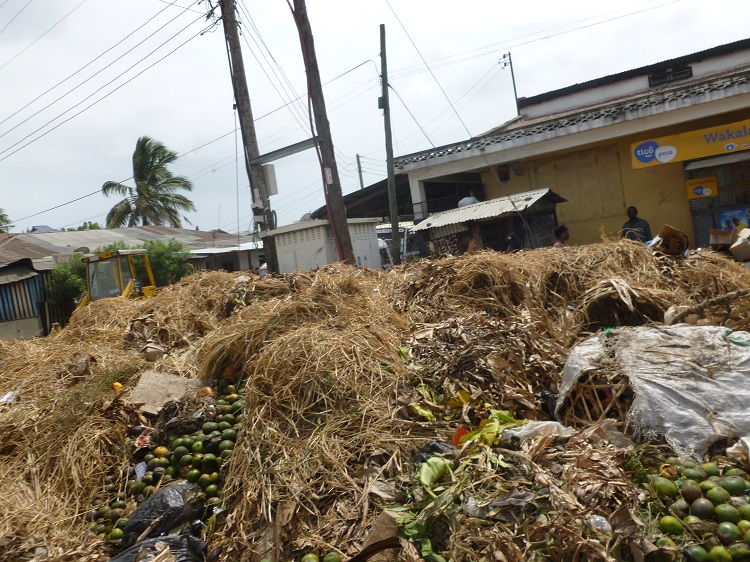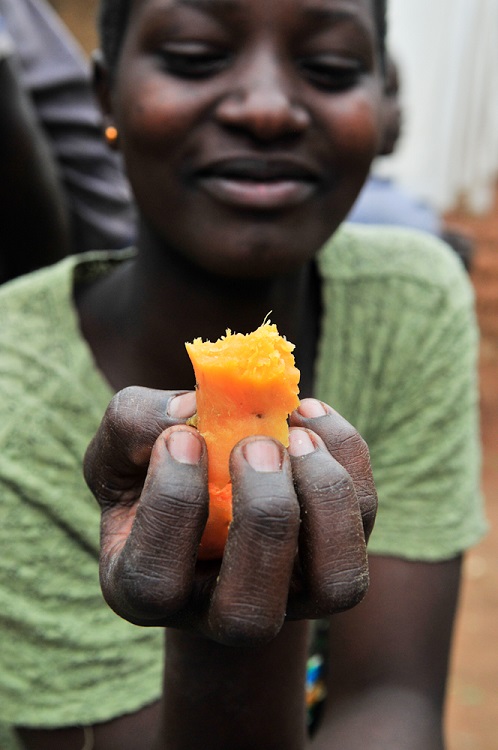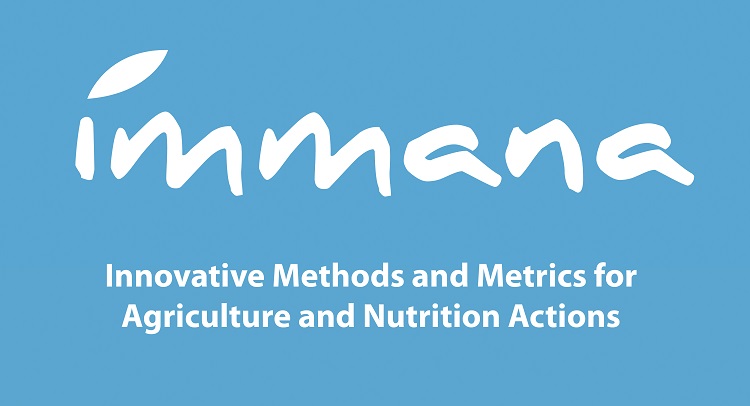
Food lost or wasted after harvest adds up to 1.3 billion tonnes every year. These postharvest losses have a major impact on food security, especially for people in the developing world. Food security is not only about people’s access to food, but about ensuring that the food they eat is nutritious.
To date, much of the research on postharvest losses has focussed on the physical loss of food, through spillage, spoilage or through storage or cooking practices. A new project called ‘Nutri-P-Loss’ is going beyond quantitative loss to examine the losses in terms of their nutritional composition, including the quantity of vitamins, minerals and proteins that are lost. The project aims to formulate nutritional loss estimates which will provide crucial information for strategies to improve food and nutrition security in the future.
Nutri-P-Loss aims to develop a robust methodology to measure nutritional losses throughout the postharvest value chain – the first in the field to do this. Combining literature reviews with laboratory and field work, the project team will focus on nutritional loss in three important food security crops: cowpea, maize and sweet potato.
The two-year project, led by the Natural Resources Institute (NRI) at the University of Greenwich, is being carried out in partnership with scientists from the University of Zimbabwe, the National Agricultural Research Laboratories in Kawanda, Uganda (NARL), the International Potato Center (CIP), and Purdue University and Iowa State University in the United States.
“The team’s first step was to hold an open consultation on nutritional losses,” explains NRI’s Dr. Aurélie Bechoff, Food and Nutrition Specialist, who is leading the project. “Over four hundred agriculture and nutrition experts from more than 50 countries were invited to take part in a survey focussing on key nutrients. The data gathered from this survey will be used to shape the research and will be integrated into the design of a predictive tool being developed through the project.”
Nutri-P-Loss will work alongside APHLIS, the African Postharvest Losses Information System, created in 2010 by NRI and partners. APHLIS is a scientific model producing calculated estimates of postharvest losses of food crops across sub-Saharan Africa. Through APHLIS+, a project led by Dr Bruno Tran (AfricaRice and NRI), a new and improved version of the information system is being developed, covering more crops and types of data, including nutritional loss.
The project comes under the research initiative known as ‘IMMANA’ or ‘Innovative Metrics and Methods for Agriculture and Nutrition Actions’, funded with UK Aid from the UK government through the Department for International Development (DFID) and coordinated by the Leverhulme Centre for Integrative Research on Agriculture and Health (LCIRAH).
Links: A version of this article is published on the website of the FAO CoP on Food Loss Reduction
Dr Bechoff’s profile, NRI | NARL | CIP | Purdue | Iowa State | APHLIS+

